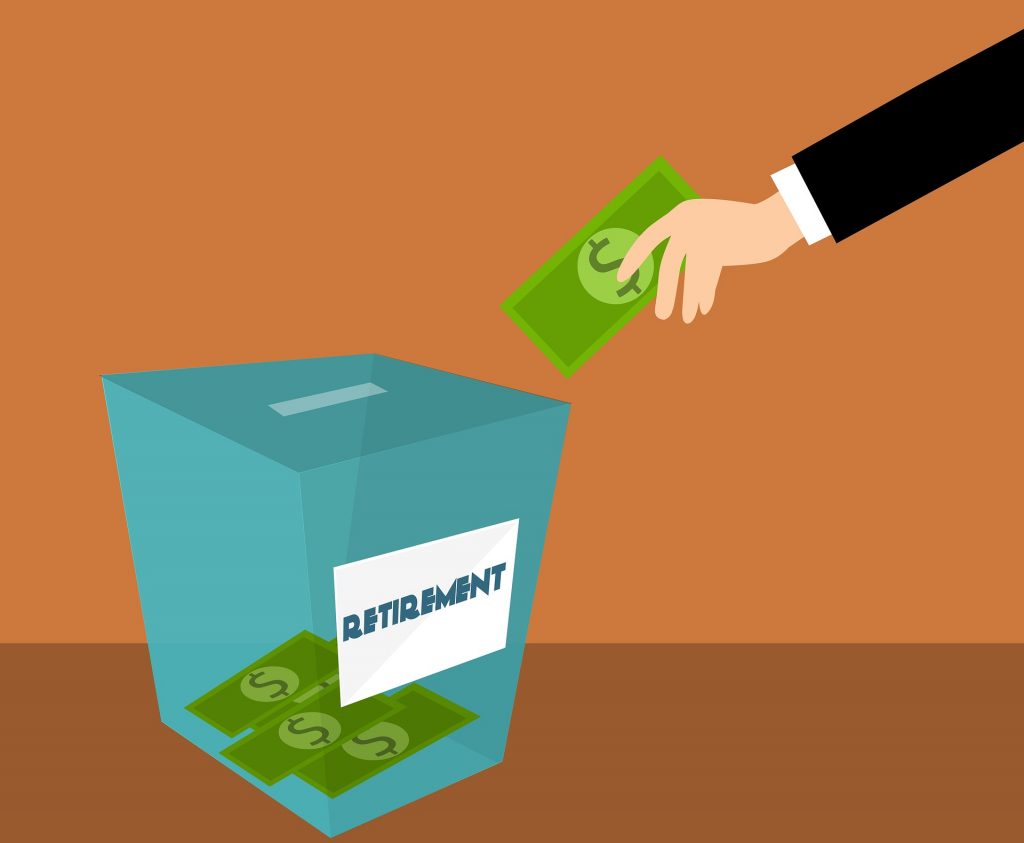To have the kind of retirement you have always wished for, you need to have a solid retirement savings strategy in place. If you can just take care to steer clear of a few major pitfalls in your retirement plan, you should be on a safe track for a financially comfortable retirement.
Mistake # 1: You have no retirement plan.
If you put funds only occasionally into a 401(k), or simply don’t save with a commitment to set aside a certain percentage of your paycheck every month in retirement account, you could have a financially dire situation on retirement.
Mistake # 2: Your saving process is not automated
If you are simply depending on surplus cash for your savings at month-end after all the bills have been paid, you could soon fall short of meeting your retirement goals. Without an automated process in place, it is tough to maintain savings discipline for long.
Mistake # 3: All your eggs are in one basket
If you are putting all your retirement savings in a single investment, it will increase your long-term financial risk. Markets go through periods of severe volatility, and diversifying your retirement investment portfolio is vital to minimize risk.
Mistake # 4: You have no time to meet your financial advisor
Even if you have a firm retirement plan in place, you still need to meet your financial advisor periodically to review market changes, and whether there is a scope for improvements in your portfolio.
Mistake # 5: Your retirement plan has not accounted for rising costs of healthcare
According to a study by Fidelity (a company that does not entice you into trading with their website like Charles Schwab which is another topic), a couple who retires in 2018 would require $280,000 to cover their healthcare costs in retirement. These costs are bound to rise in future, and your retirement plan should have the foresight to factor in such cost increase.
Mistake # 6: Your savings are regular but insufficient
A nice start to retirement savings would be about five percent of your annual income. However, the ideal figure for a comfortable retirement would be about 15 percent, according to some analysts. If you have a much lower rate of savings, you are unlikely to achieve your retirement goals.
Mistake # 7: You overextend your financial support to others
Although you may have a necessity to support your family (such as an aging parent or an adult child) financially, if you overstretch your financial support, it could prove detrimental to your own retirement goals.
Mistake # 8: You carry your debt into retirement
Work hard to eliminate your debts before retirement such as a high credit card balance, a substantial mortgage, or a home equity loan. If you carry this burden into retirement, the repayments will eat into your living expenses at that time.
Mistake # 9: You have zero equity investments in your retirement plan
The traditional rule of staying away from stock investments for retirement made good sense when the life spans were shorter and medical costs were low. If you remain over-cautious with stocks in your retirement plans today, you are not likely to get the kind of growth you may be hoping for.
Mistake # 10: You depend on a company pension or social security plan
It is an illusion to believe that somebody else will take care of your retirement planning. The problem is that the Social Security rate of return for individuals nearing retirement is only about 1.5% (many people believe it’s a giant Ponzi scheme). In the future, this may even move towards negative returns. In short, the paternalistic era of the government and employers assuring a guaranteed income for life is about to end. It is time to gear up and take charge of your own retirement planning.
Mistake # 11: You failed to maximize your tax deferral
The government has created a range of tax incentives to encourage people to save for retirement. Failing to maximize this tax advantage is a mistake. For instance, contributions to various employer sponsored retirement plans, including 401k and 403b, reduce your taxable income and enable your savings to grow tax-deferred.
Even if you may not be covered by an employer sponsored plan, a variety of other retirement plans are available to offer some combination of current tax savings as well as tax-deferred growth. These include IRA, Roth IRA, SEP, SIMPLE, and more.




